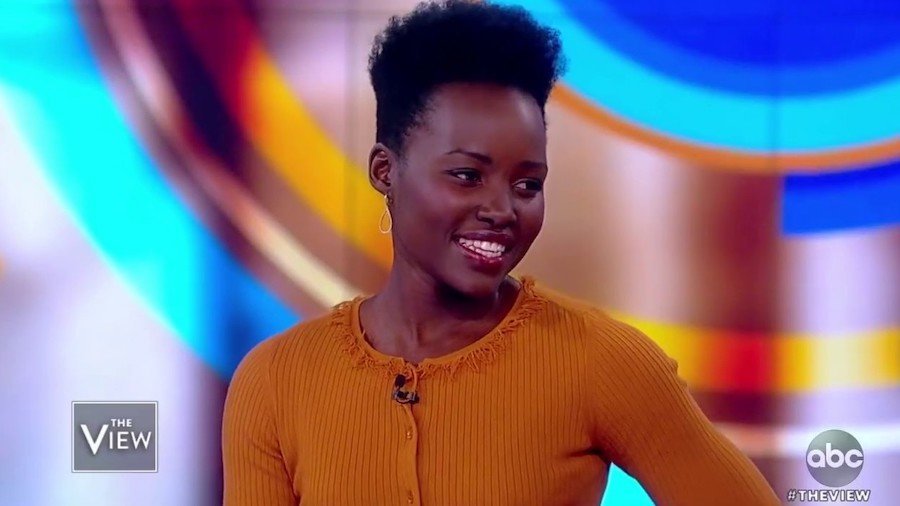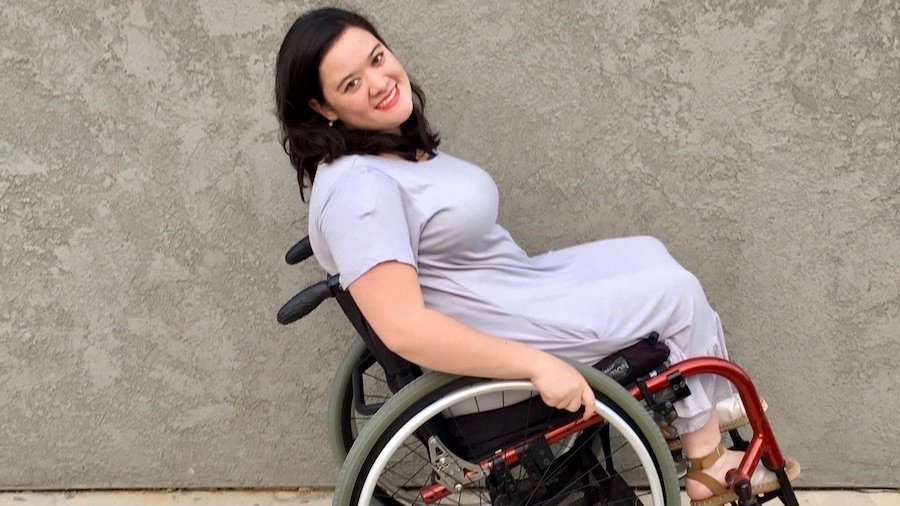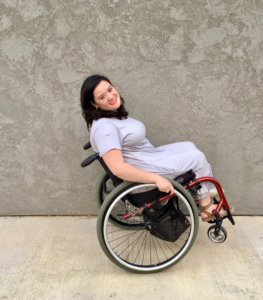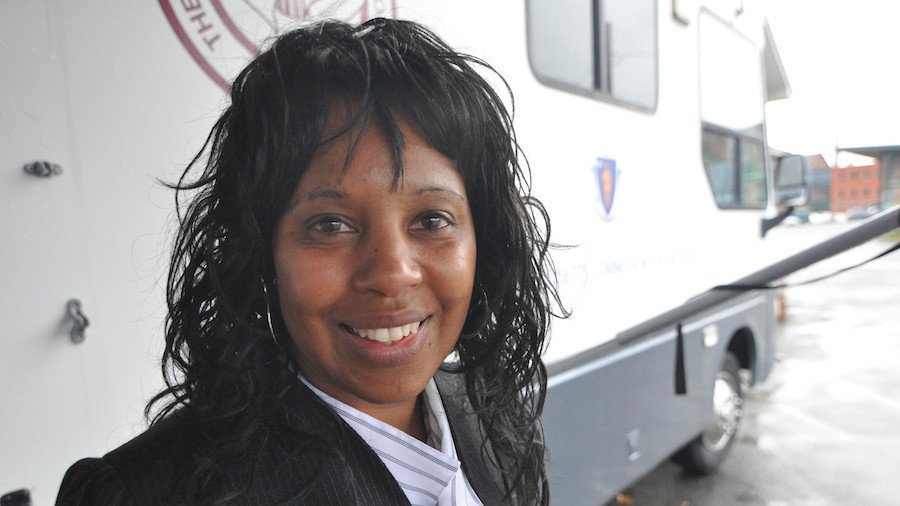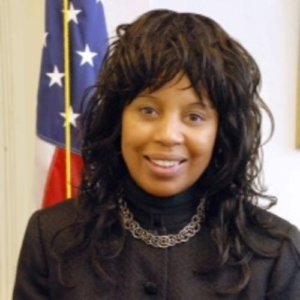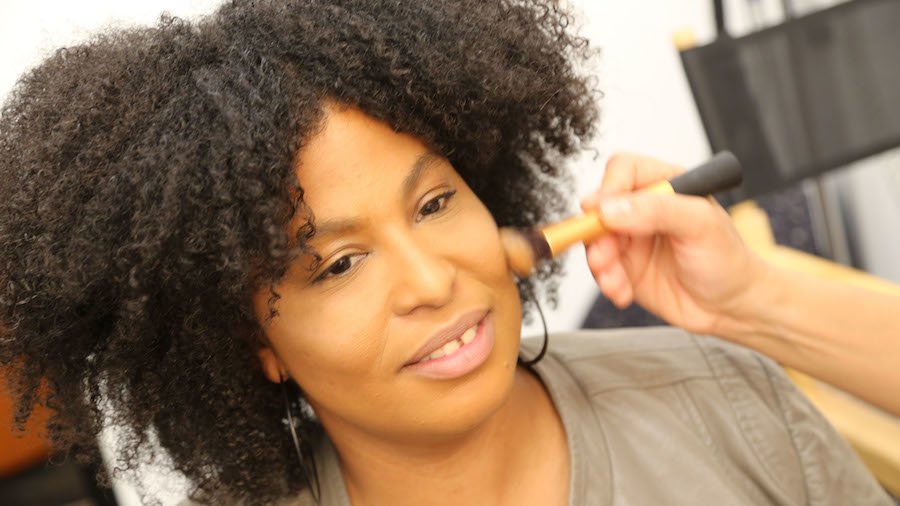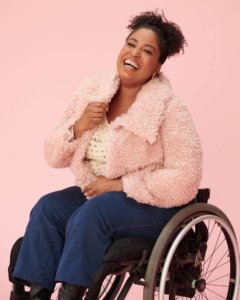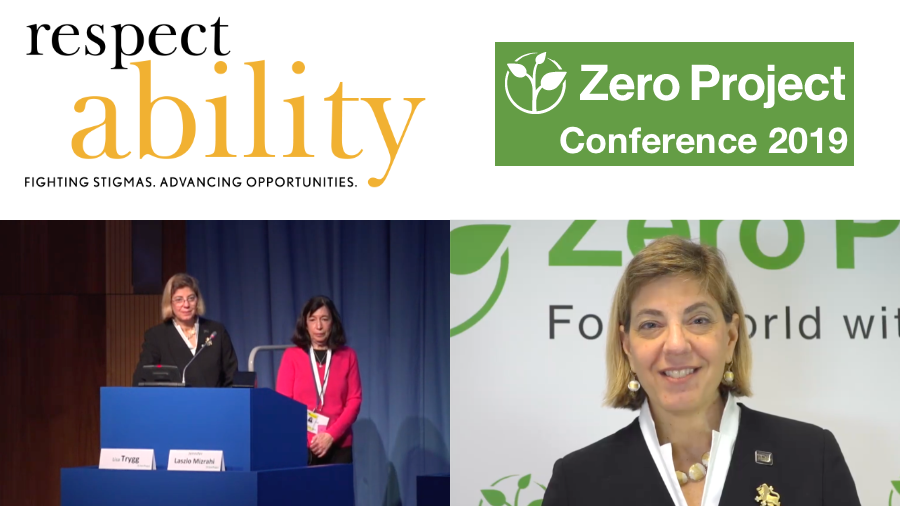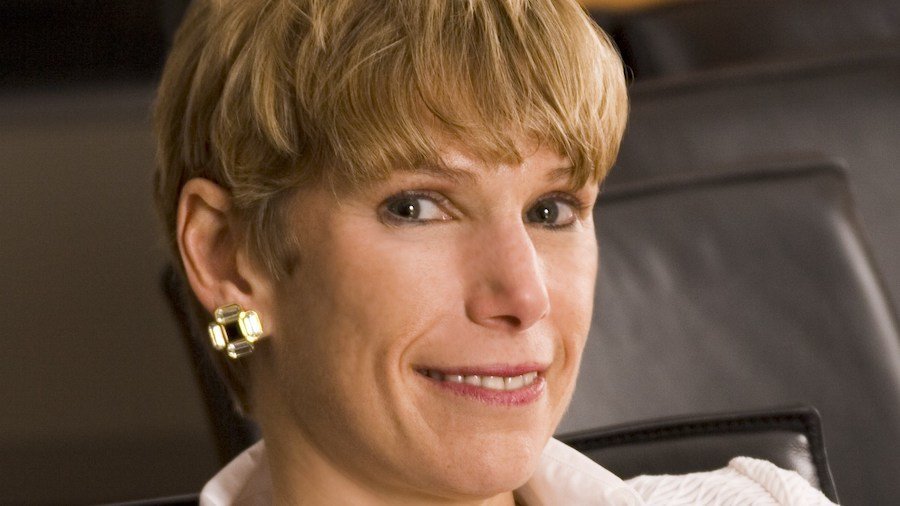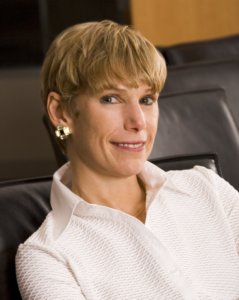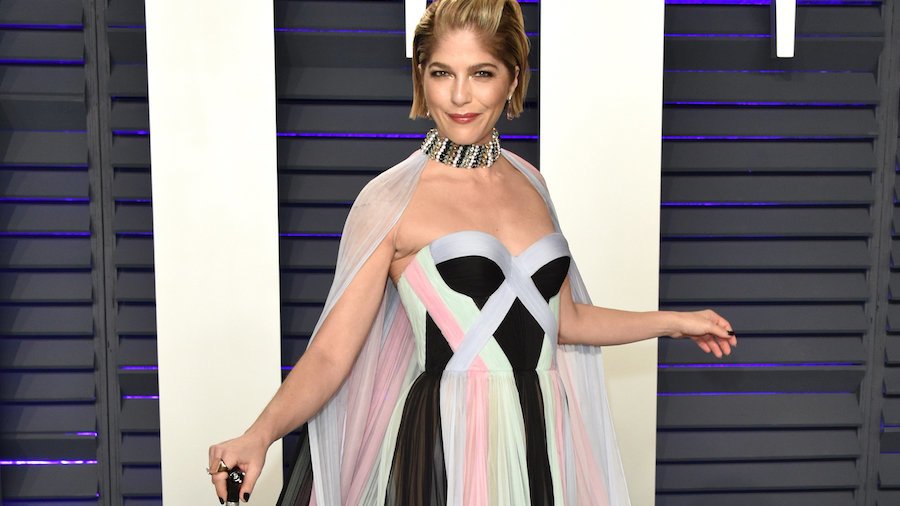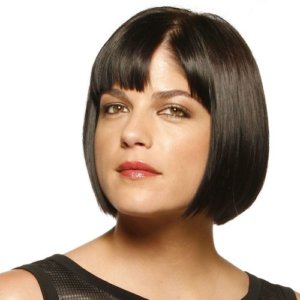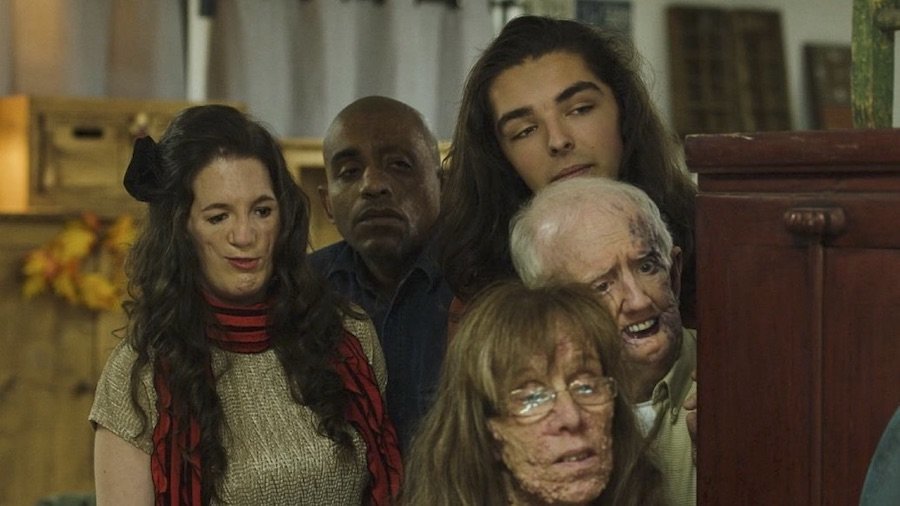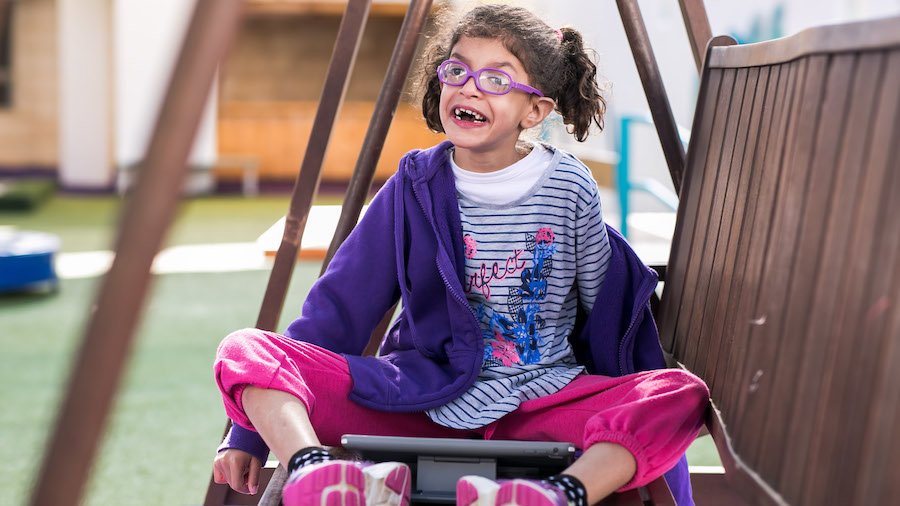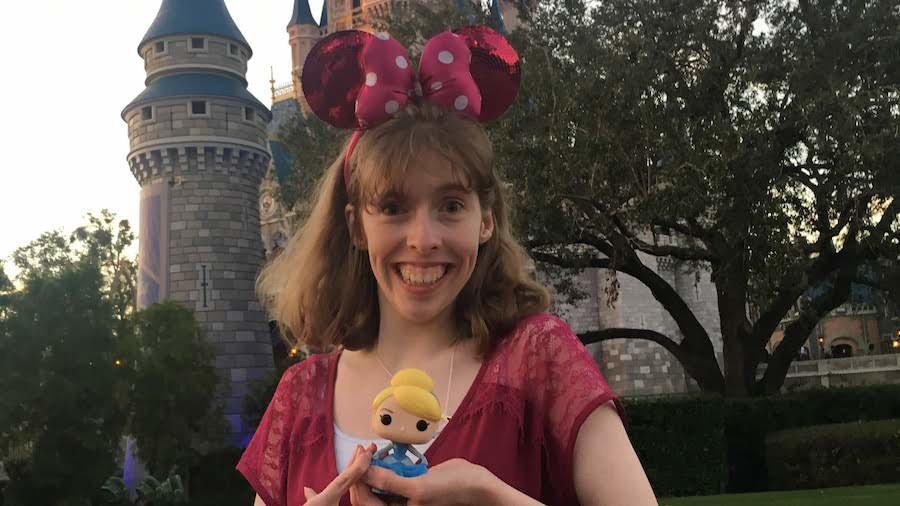We appreciate Lupita Nyong’o’s heartfelt apology. We’re all on a learning journey to be sensitive to all marginalized communities whether it be race, gender, sexual orientation / gender identity, disability, religion or anything else. ‘Us’ – especially with Lupita Nyong’o as the lead and Jordan Peele as the writer/director – is opening up doors, and breaking glass ceilings for people of color and is a massive advancement for Hollywood as a whole. We hope Nyong’o will use this experience to continue lifting up all marginalized groups including the 1-in-5 people who live with disabilities. In general, the Hollywood practice of using disability primarily to villainize people or to show them as objects of pity needs to end.
During an appearance on The View Thursday, Lupita Nyong’o further explained the development of her character Red and apologized to anyone she offended: “I met with people as part of my exploration with the condition, and I learned how difficult it is to have the disorder. So I am very aware of the frustrations and misconceptions and the misdiagnosis… I thought in speaking about it and mentioning it, it might shed light on the condition.
“It’s a very marginal group of people who suffer from this. The thought that I would offend them was not my intention. In my mind, I wasn’t interested in vilifying or demonizing the condition. I crafted Red with love and care. As much as it was in a genre-specific world, I really wanted to ground her in something that felt real. For all that, I say sorry to anyone that I may have offended.”
RespectAbility deeply appreciates this apology.


